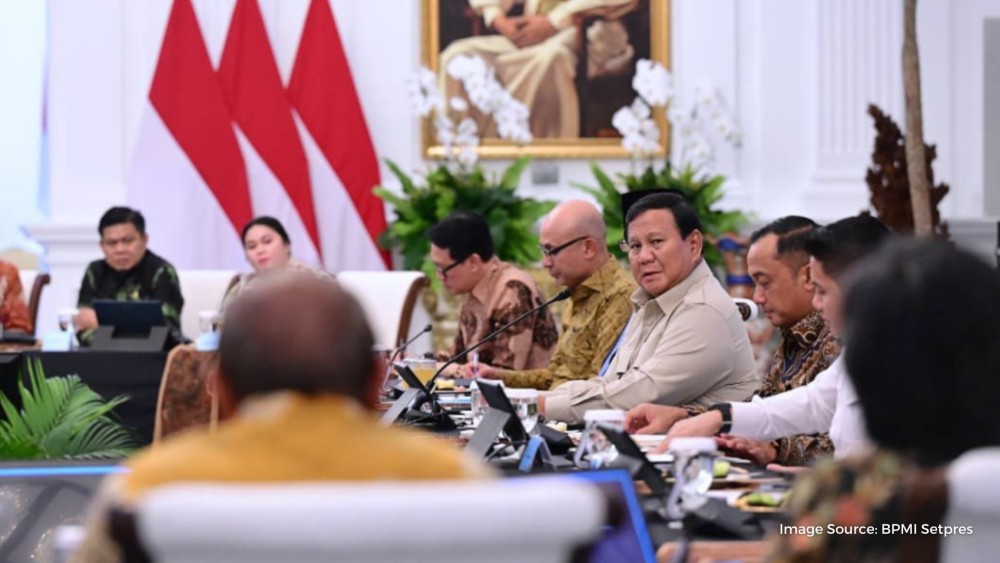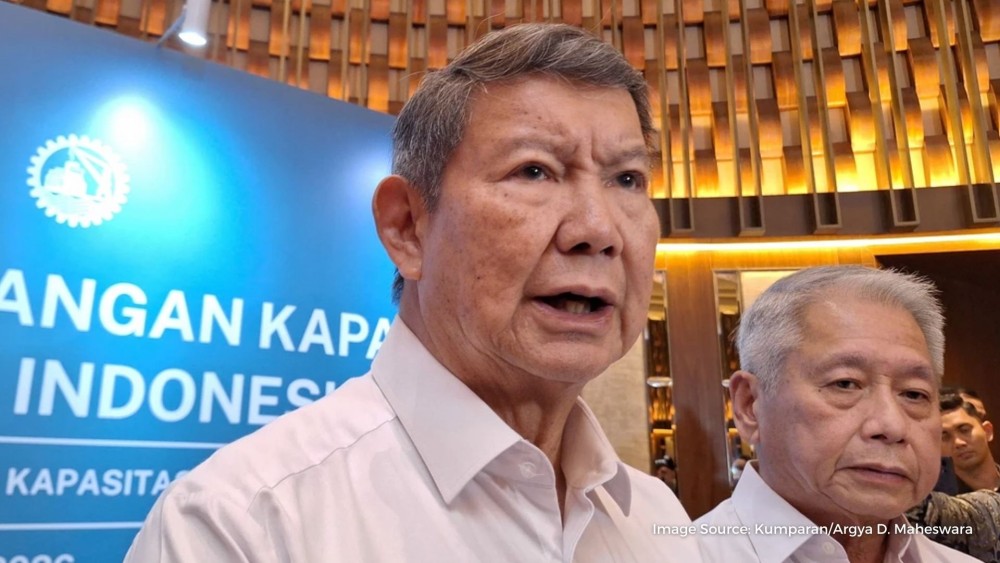US Keeps Door Open for Shrimp Imports from Indonesia Despite Radioactive Substance Case
09 Oct 2025

The United States will keep its doors open for shrimp imports from Indonesia, despite recent discoveries of radioactive contamination involving cesium-137, the Indonesian government stated.
Bara Hasibuan, Head of the Public Diplomacy and Communication Division of the Cesium-137 Task Force, said that the Ministry of Marine Affairs and Fisheries (KKP) continues to coordinate with the US authorities, particularly the US Food and Drug Administration (FDA).
“The FDA has informed us that the US market remains open to Indonesian shrimp products, as long as they comply with US government regulations, especially regarding future certification requirements,” said Bara during a press conference on Wednesday, October 8.
He added that Indonesia and the US have agreed to sign a Memorandum of Understanding (MoU) regarding the certification process for shrimp product safety. “A joint delegated authority between KKP and the FDA has been prepared — this is clear, so the public can remain calm,” said Minister of Environment Hanif Faisol Nurofiq at the same event.
Trade Minister Zulkifli Hasan (Zulhas) stated that the radioactive cesium-137 (Cs-137) contamination case in shrimp products occurred only within the Modern Cikande Industrial Estate in Serang Regency, Banten. He emphasized that the substance did not spread into the national supply chain or export channels.
“The Modern Cikande Industrial Estate has been designated as a special radiation incident area for Cs-137 radionuclide exposure. Therefore, we can carry out the decontamination process quickly,” said Zulhas after leading a coordination meeting in Jakarta on Tuesday (September 30).
Zulhas also assured that the fishery product quality control mechanism continues to operate according to national and international standards, ensuring that Indonesian shrimp products remain safe and competitive in the global market.
To prevent further contamination, the government has re-exported 14 containers of scrap metal contaminated with Cs-137 from Tanjung Priok Port. An additional nine containers originating from the Philippines will also be re-exported soon.
“If a container carrying shrimp becomes contaminated, the shrimp could be exposed. And if that container is reused for other goods, it could be dangerous,” said Zulhas.
This article is published in partnership with Katadata
Original article here
















